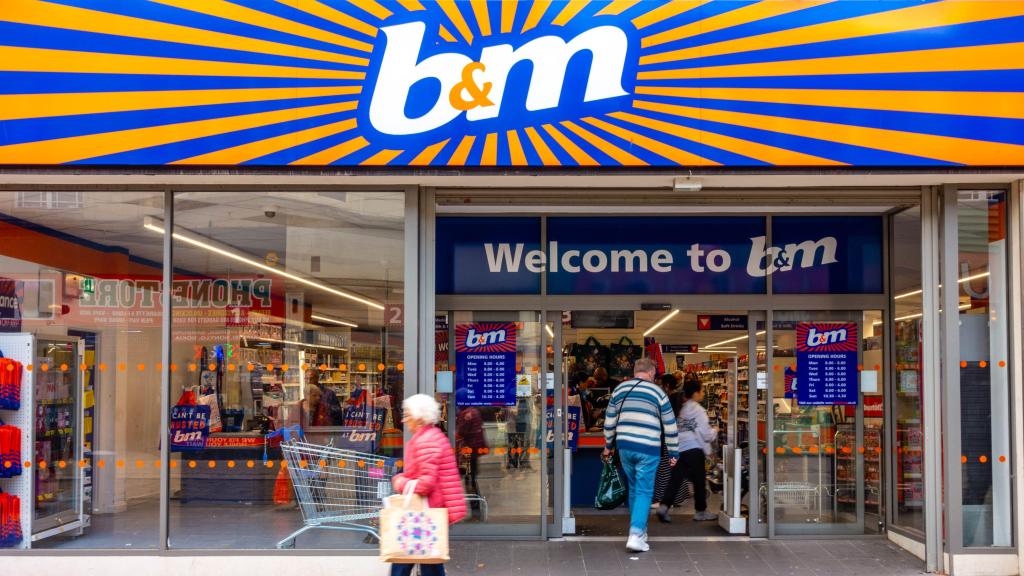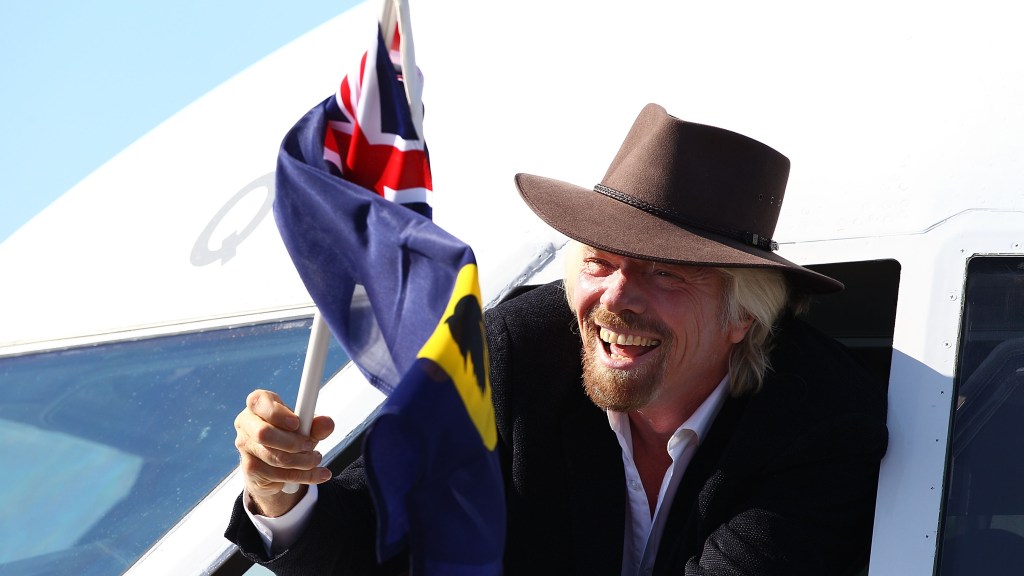B&M Reports Decreased Profits Amid Rising Costs and Consumer Hesitance
B&M European Value Retail has issued a warning regarding a projected decline in profits this year, citing increased national insurance contributions, wage increases, and rising input costs due to inflation.
The discount retailer in the UK reported that the influence of these rising expenses is evident in analysts’ projections for the upcoming year, which estimate the group’s adjusted earnings (EBITDA) to fall between £569 million and £646 million, along with an adjusted operating profit expected to range from £524 million to £628 million.
In its fiscal year ending March 29, the FTSE 250 company revealed an adjusted EBITDA of £620 million, representing a slight decrease of 0.6% from the previous year, but falling within the anticipated range.
Meanwhile, the group’s adjusted operating profit dropped by 1.8% to £591 million, and the statutory profit before tax decreased by 13.2% to £431 million.
During that period, total revenue experienced a 3.7% increase, reaching £5.6 billion, primarily fueled by the addition of 70 new stores across the chain. However, the results fell short of expectations, attributed to a “challenging UK retail environment.”
B&M highlighted that a “very subdued garden season, increased consumer caution, stagnant real wage growth, and the timing of Easter,” significantly contributed to a 3.1% decline in like-for-like sales in the UK. The fast-moving consumer goods (FMCG) sector did not perform as anticipated, with sales values and volume facing declines.
Founded in 1978, B&M European Value Retail operates 777 B&M stores and 343 Heron Foods locations in the UK, as well as 135 B&M outlets in France.
Similar to other discount retailers, B&M is navigating difficulties due to the ongoing cost-of-living crisis, inflationary pressures, and heightened competition, all of which have negatively impacted profit margins and consumer spending. Shares of B&M, once a favorite on the stock market during the pandemic, have plummeted 40% over the past year, while the FTSE 100 index has seen a 6% increase in the same timeframe.
In early trading, B&M’s stock fell by 6.5%, or 22p, to 310p.
Many of Britain’s largest retailers have cautioned about a challenging year ahead, facing weak consumer confidence compounded by government-mandated tax increases that add to corporate costs.
Despite these challenges, B&M asserted it is “well-positioned to seize market opportunities and provide substantial long-term value for shareholders through strategic growth and consistent cash generation.”
The company’s long-term vision focuses on achieving profitable growth in like-for-like sales in the UK while expanding its store count to at least 1,200 B&M outlets in Britain.
A significant leadership transition is forthcoming, with Tjeerd Jegen, a veteran from Tesco, set to replace interim chief executive Mike Schmidt later this month, following the retirement announcement of Alex Russo, who served as chief executive for three years.
B&M also disclosed plans to redomicile to Jersey, aiming to simplify administrative functions and enhance flexibility for shareholder capital returns, including potential buybacks. This process is expected to be finalized within the calendar year, pending necessary regulatory approvals.
Additionally, the company is preparing to launch its new UK import center this summer, and the expansion of its distribution center in France is reportedly proceeding well.
Analysts from Panmure Liberum noted that the future outlook for B&M “remains uncertain, with the need for productivity improvements to mitigate cost challenges, yet management believes these factors are accounted for in the FY26 consensus—no adjustments to consensus figures are expected.”
RBC analysts suggested that there is an opportunity for B&M to enhance the appeal of its stores to encourage customer purchases of its competitively priced offerings.




Post Comment